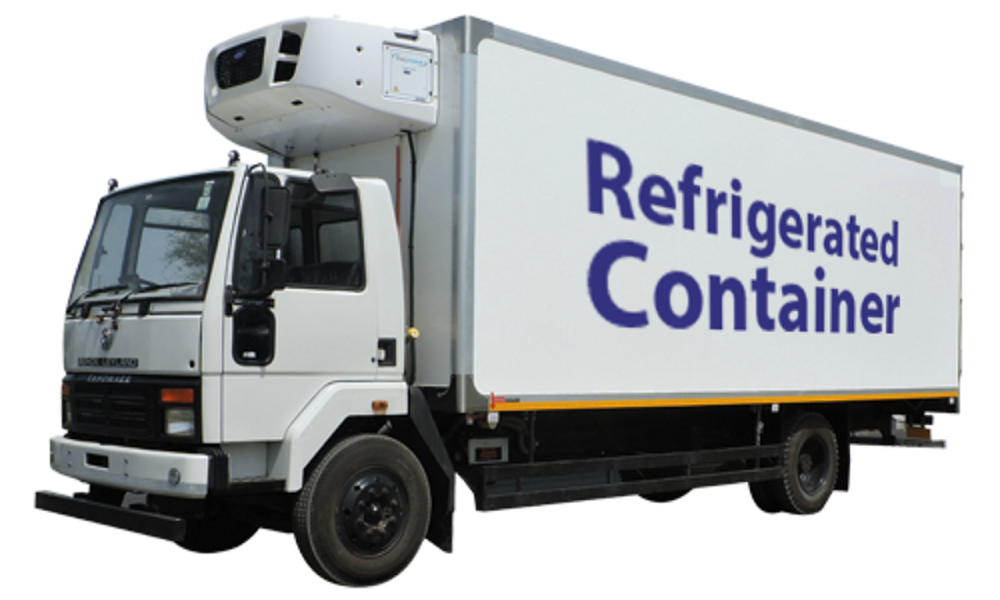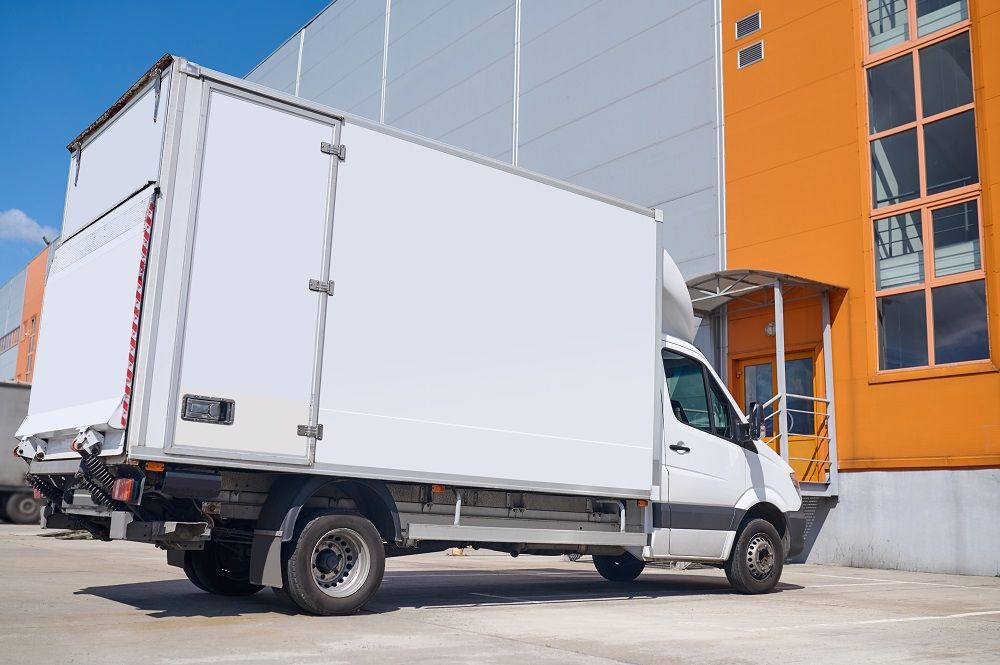In today's interconnected world, the efficient and safe transport of perishable goods has become an indispensable component of global trade and the food supply chain. Refrigerated trucks, also known as reefers, have emerged as a critical solution, enabling the transportation of temperature-sensitive items across vast distances while maintaining their quality and safety. This article delves into the significance of these types of trucks, their operational mechanisms, and the industries they impact. Want to sell your refrigerated trucks/units on Truck & Trailer? Click/tap here to register for a dealer account.
 Photo by Macrovector on Freepik
Photo by Macrovector on Freepik
The Need for Refrigerated Trucks
The demand for refrigerated trucks arises from the necessity to transport goods like fresh produce, pharmaceuticals, dairy products, meat, seafood, and other perishables. Unlike non-perishable items, these goods require specific temperature and humidity levels to prevent spoilage, maintain freshness, and adhere to health and safety regulations. These trucks address this need by providing a controlled environment that preserves the quality and integrity of the cargo throughout the journey.
Operational Mechanisms
Reefers trucks are marvels of engineering that combine advanced technology with logistical expertise. At the core of their operation are refrigeration systems that regulate the internal temperature of the trailer or container. These systems employ a combination of insulation, cooling units, and sophisticated sensors to create the optimal environment for the cargo.
Insulation: The truck's trailer or container is equipped with high-quality insulation materials that minimise heat transfer between the external environment and the cargo space. This insulation is crucial to maintaining a stable internal temperature.
Cooling Units: Refrigeration units, powered by various energy sources such as diesel, electricity, or hybrid systems, generate the necessary cold air to maintain the desired temperature. These units can be mounted on the front of the trailer or integrated into the structure.
Temperature Control and Monitoring: Advanced sensors and control systems allow for precise temperature monitoring and adjustment. If the temperature deviates from the set range, the system automatically makes corrections to ensure cargo integrity.
Industries Impacted
The influence of these trucks extends across a range of industries, each benefiting from the preservation capabilities of these vehicles:
Food Industry: These trucks play a pivotal role in the food supply chain by allowing the transport of fresh produce, dairy, frozen goods, and meat products. This capability ensures that consumers have access to high-quality, safe, and diverse food options year-round.
Pharmaceuticals and Healthcare: Temperature-sensitive medications, vaccines, and medical supplies require strict temperature control to maintain their efficacy. Reefer trucks enable the safe delivery of these critical items to hospitals, clinics, and pharmacies.
Floral Industry: Flowers are highly perishable and sensitive to temperature fluctuations. The trucks enable the transport of flowers across long distances, preserving their vibrancy and extending their shelf life.
Cosmetics and Chemicals: Some cosmetic and chemical products are sensitive to temperature and humidity. These types of trucks provide a solution for the transportation of these products without compromising their quality.
 Photo by Bharat Refrigeration on Pixabay
Photo by Bharat Refrigeration on Pixabay
Challenges and Innovations
While these trucks have revolutionised the transportation of perishables, challenges remain. Energy consumption, environmental impact, and maintaining consistent temperatures in extreme weather conditions are key concerns. To address these challenges, the industry is witnessing innovative solutions in the following areas:
1. Energy Efficiency: Manufacturers are developing more energy-efficient refrigeration systems and exploring alternative energy sources such as solar panels to power the cooling units.
2. Data-Driven Insights: IoT (Internet of Things) and data analytics are being incorporated into refrigerated trucks to provide real-time monitoring of temperature and humidity. This ensures that any deviations are promptly addressed, maintaining cargo quality.
3. Sustainable Refrigerants: Efforts are being made to adopt environmentally friendly refrigerants with lower global warming potential, reducing the ecological footprint of refrigerated transport.
The Types: Diverse Solutions for Specialised Needs
Each type is designed to cater to specific industries and unique transportation requirements, showcasing versatility and innovation within this essential sector of logistics. Let's explore some of the common types of trucks:
1. Refrigerated Vans
Refrigerated vans are among the most common types. These vehicles are often used for local deliveries of perishable goods to supermarkets, restaurants, and wholesale distributors. They come in various sizes, from small vans to larger box trucks, accommodating different cargo volumes. Refrigerated vans are highly manoeuvrable, making them ideal for navigating urban environments and reaching destinations that might be inaccessible to larger trucks.
 Photo by Zinkevych on Freepik
Photo by Zinkevych on Freepik
2. Refrigerated Box Trucks
Refrigerated box trucks combine the storage capacity of a conventional truck with refrigeration capabilities. They are widely used for regional and local deliveries of perishable items. These trucks feature a separate refrigerated compartment attached to the truck chassis, allowing for efficient loading and unloading. They are favoured by businesses that require a balance between cargo volume and manoeuvrability.
3. Semi-Trailer Refrigerated Trucks
Semi-trailer refrigerated trucks, commonly referred to as reefer trailers, are a staple in the long-distance transportation of perishable goods. These trucks consist of a refrigerated trailer that is hauled by a separate tractor unit. Reefer trailers are designed to carry substantial cargo volumes and are often used for transporting goods over long distances, connecting production areas to distribution centres and markets.
4. Straight Truck Refrigerated Units
Straight trucks with refrigerated units are suitable for medium to long-haul deliveries. These trucks have a single rigid frame that integrates both the cargo compartment and the refrigeration system. They provide a compromise between the cargo capacity of semi-trailer trucks and the manoeuvrability of smaller vans. Straight truck refrigerated units are well-suited for regional distribution routes that involve multiple stops.
The wide range of refrigerated trucks available on Truck & Trailer reflects the ingenuity and adaptability of the transportation industry in meeting the diverse needs of various sectors. From local deliveries of fresh produce to the cross-country transportation of pharmaceuticals, these specialised vehicles play an indispensable role in maintaining the quality and safety of perishable goods. As technology continues to advance, we can expect to see further innovations in refrigerated truck designs, enhancing efficiency, sustainability, and the ability to transport goods across even greater distances while preserving their freshness. Want to advertise on Truck & Trailer as a dealer? Signing up for a dealer account by filling in the form here.



